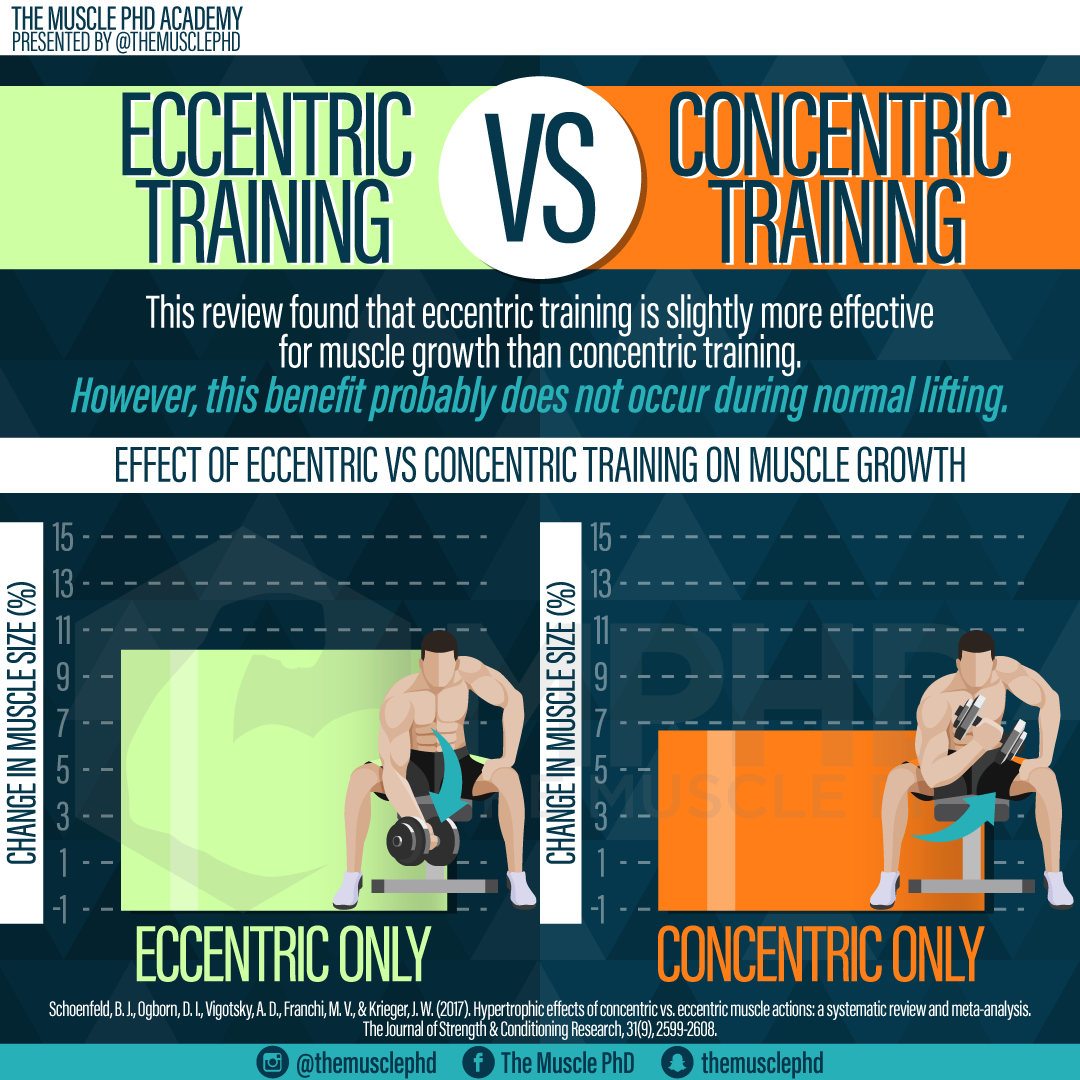
HGH and Aging: Can It Really Turn Back the Clock?
Human Growth Hormone (HGH) plays a critical role in the growth, development, and overall health of the human body. HGH is produced by the pituitary gland and is essential for a variety of bodily functions. In this article, we delve into the role of HGH, its benefits, potential side effects, and its use in various medical and non-medical applications.
What is HGH?
HGH, or human growth hormone, is a peptide hormone that is crucial for growth, body composition, cell repair, and metabolism. It stimulates growth in tissues, including muscles and bones, and plays a pivotal role in maintaining tissues and organs throughout life. HGH is secreted by the anterior pituitary gland and is characterized by its significant influence during childhood, adolescence, and even adulthood.
Functions of HGH
- Promotes Growth: HGH is central to the growth and development of muscles and bones, especially during childhood and adolescence.
- Metabolism Regulation: It plays a crucial part in the metabolism of fats and carbohydrates, impacting how your body utilizes energy.
- Tissue Repair: HGH contributes to the regeneration and repair of tissues and is instrumental in healing processes.
- Bone Density: It helps in maintaining bone density and muscle mass, which typically decline with age.
- Cardiac Health: Some studies suggest that HGH may have a positive effect on cardiovascular health by improving heart function.
HGH in Medicine
HGH has been used in various medical treatments. It is prescribed for patients with growth hormone deficiencies, as well as for children who have not reached normal growth standards. Some conditions necessitating HGH treatment include:
- Growth Hormone Deficiency: A lack of HGH can lead to stunted growth in children and various health problems in adults.
- Chronic Kidney Disease: Children with this condition may experience growth issues and may benefit from HGH therapy.
- Syndrome of Turner: A genetic disorder that affects females, HGH can aid those with this syndrome in achieving a more typical height.
- Prader-Willi Syndrome: Children with this genetic disorder typically have a constant feeling of hunger, and HGH can assist in growth and improve body composition.
HGH in Sports and Anti-Aging
Apart from its medical applications, HGH has gained popularity among athletes and individuals seeking to combat the effects of aging. It is often marketed for its potential to increase muscle mass, reduce body fat, and improve performance. However, the use of HGH in sports is controversial and often illegal.
For individuals aiming to maintain their vitality, HGH is marketed as an anti-aging remedy, promising to enhance energy levels, improve skin tone, and increase muscle strength. Nevertheless, extensive research is ongoing to substantiate these claims.
Benefits of HGH
The potential benefits of HGH supplementation and therapy include:
- Increased Muscle Mass: HGH has been noted to promote the growth of muscle tissue.
- Fat Loss: Supplementation may help reduce body fat, particularly visceral fat.
- Improved Recovery Time: Athletes may experience quicker recovery following intense training.
- Enhanced Bone Density: Optimal HGH levels can contribute to stronger bones and reduced fracture risk.
- Improved Quality of Life: Users often report better overall energy levels and well-being.
Side Effects and Risks of HGH
Despite its potential benefits, HGH use comes with certain risks and side effects. These can include:
- Joint and Muscle Pain: Some users report discomfort in their joints and muscles after starting HGH therapy.
- Edema: Excess fluid retention around the body can cause swelling.
- Carpal Tunnel Syndrome: This condition, characterized by pain and numbness in the hands, has been associated with HGH use.
- Increased Risk of Diabetes: A potential long-term concern for those using HGH is impaired glucose regulation.
- Increased Cancer Risk: There are concerns that HGH may stimulate the growth of certain tumors.
How is HGH Administered?
HGH is typically administered through injection, either subcutaneously or intramuscularly. While it is not available in pill form due to its peptide structure, it is important that the administration is duly supervised by healthcare providers to ensure proper dosage and minimization of side effects.
Natural Ways to Boost HGH
For those looking to naturally boost HGH levels, several lifestyle changes can be adopted:
- Exercise Regularly: High-intensity exercise and strength training can naturally increase HGH production.
- Maintain a Healthy Diet: A balanced diet that includes protein, healthy fats, and carbohydrates can support hormone production.
- Get Adequate Sleep: Sleep is integral to HGH production; aim for 7-9 hours of quality sleep each night.
- Limit Sugar Intake: High sugar and refined carbohydrate intake can hinder HGH production.
Conclusion
Human Growth Hormone (HGH) is a significant element in human growth and metabolism throughout life. While the medical use of HGH can be beneficial for those with specific deficiencies or conditions, its use in sports and as an anti-aging treatment invites ethical concerns and potential risks. As with any hormonal treatment or supplementation, it is crucial to consult with healthcare professionals to determine the best course of action and to minimize the associated risks.
Frequently Asked Questions (FAQs)
1. What age do HGH levels start to decline?
HGH levels typically peak during puberty and begin to decline gradually after the age of 30. This decline can result in decreased muscle mass, increased body fat, and reduced energy levels.
2. Can HGH improve athletic performance?
While HGH has been used to enhance athletic performance, its use is illegal in most sports organizations and can pose significant health risks. Natural alternatives through training and diet are encouraged.
3. What are the legal implications of using HGH?
The use of HGH for non-medical purposes is illegal in many jurisdictions and can come with severe penalties. Consult local laws and regulations before considering HGH therapy.
4. Are there alternatives to HGH therapy?
Yes, alternative options include lifestyle changes such as diet, exercise, and sleep improvements which can naturally promote higher HGH levels in the body.
5. Where can I learn more about HGH and related topics?
You can explore further information through various resources such as Tripadvisor, Body Piercing Guide, Steroid.com, and listen to podcasts like Hanna Houston’s Podcast.
FREE SHIPPING
CLICK HERE!
HOT PROMOTIONS!
Human Growth Hormone (HGH), also known as somatotropin, is a peptide hormone produced by the pituitary gland. It plays a crucial role in growth, body composition, cell repair, and metabolism. HGH stimulates the liver and other tissues to produce insulin-like growth factor 1 (IGF-1), a hormone that contributes to growth promotion. This hormone is particularly important during childhood and adolescence when it helps to regulate growth and development. In adults, HGH continues to serve essential functions, including maintaining muscle mass, bone density, and overall metabolic health.
As individuals age, the natural production of HGH declines, which can lead to various age-related issues. Low levels of HGH are associated with increased body fat, decreased muscle mass, and a reduction in overall energy levels. Some people turn to HGH supplements and injections believed to counteract these age-related changes. However, while some studies suggest potential benefits such as improved body composition and exercise performance, the safety and efficacy of HGH supplementation, particularly for healthy adults, remain areas of ongoing research and debate.
The use of HGH in sports and bodybuilding has gained notoriety due to its purported effects on muscle growth and recovery. Athletes may misuse HGH to enhance performance, leading to ethical and health concerns. The World Anti-Doping Agency (WADA) has banned HGH for use in competitive sports, citing its unfair advantage and potential health risks. Despite these bans, the black market for HGH has flourished, with individuals seeking out unregulated sources, further complicating the issue of responsible and safe use.
HGH therapy is officially recognized as a treatment for specific medical conditions, including growth hormone deficiency and certain syndromes affecting growth in children. In these cases, HGH injections can be an effective therapy, improving overall growth outcomes and quality of life. For adults with diagnosed HGH deficiency, treatment can help reverse symptoms associated with low hormone levels. Nonetheless, using HGH outside of prescribed medical scenarios remains controversial and is associated with a range of potential side effects, including joint pain, insulin resistance, and increased risk of certain cancers.
Given HGH’s complex role in the body and its implications for both health and performance, comprehensive understanding and responsible use are paramount. Ongoing research may unveil further insights into HGH’s benefits and risks, shaping future guidelines for its use. For individuals considering HGH supplementation, it is essential to consult healthcare professionals for tailored advice and to avoid the pitfalls of unregulated usage, thus ensuring a safe and informed approach to hormone health.
















